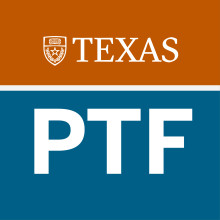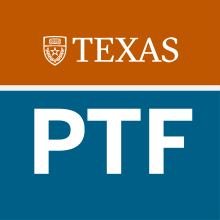Individual Fellow Initiatives

Artful Learning: Integrating Art into Teaching Practice
This project aims to transform academic instruction by integrating art into the classroom. We believe that art can make subjects more engaging and help students connect with the material on a deeper level. By integrating diverse forms of art—such as virtual art, music, film, theater, and more—into the curriculum, we aim to create a more interactive and stimulating learning environment while also supporting students' mental health through therapeutic art sessions.

Compassionate Pedagogy and Experiential Learning
The primary goal of this project is to enhance student engagement and participation in the learning environment, especially those who have may have been marginalized by conventional approaches to teaching. This project aims to support, encourage, and train faculty to incorporate compassionate pedagogy (CP) and experiential learning (EL) into their teaching, with the goal of promoting student connection and faculty creativity.

Collaborative Effort–Teaching General Physics
I have been teaching general physics for non-Physics majors since 2008. I have implemented interactive learning elements into my lecture and “real life” questions, which allows the students to have short (3-4 minutes) discussion in small groups to find solutions for the given questions. I have seen improvement in student engagement and finally in test scores, especially within the semester as the students embrace this style of teaching. However, in order to really affect improvement, I communicate with other physics faculty to reflect on the evaluation of successful teaching.

Transforming a Class Without Backflipping and Handstands
This PTF project was designed to transform a basic science course from lecturing to active learning in a semi-flipped classroom model and to develop a “toolbox” to help facilitate similar transformations across campus. The flipped classroom model has proven effective in motivating and engaging students and improving their retention of materials learned. However, there were two common myths about applying flipped classroom models in large classes (e.g.

Measuring the Effectiveness of Active Learning Methods in Cell Biology
Despite ample evidence that implementing active learning methods in the classroom leads to better outcomes, most courses in Biology continue the use of traditional lecturing. Anecdotal conversations with many of my colleagues who teach upper division biology courses indicate a widespread perception that the traditional lecture is the most effective way to transmit information to students.

Peer Learning Assistant Program Guidelines and Curricula
The Peer Learning Assistant Program within the Department of Chemistry is a program developed with resources from the Provost Teaching Fellows program to enhance the educational experience of students taking general chemistry by training and employing Peer Learning Assistants (PLAs) to service large blended general chemistry courses. The large (300 –500 students) blended courses have replaced the straight lecture model with active, student centered, learning. Active learning requires coaching and in a large class it is impossible to implement with only one instructor and one tea

